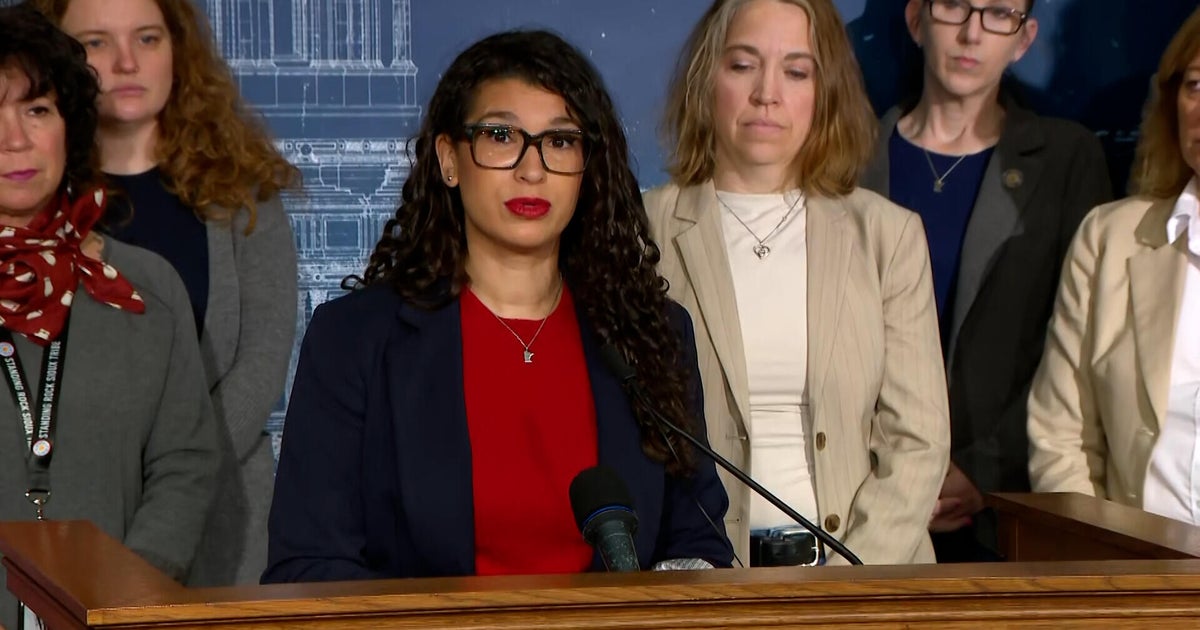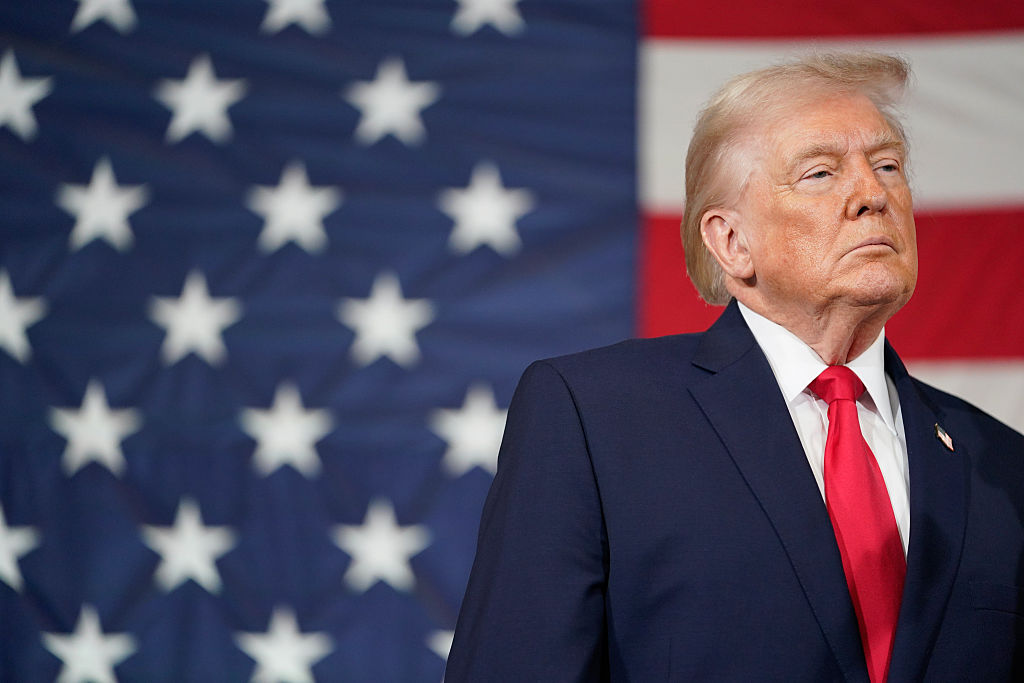Trump's wall could benefit this Mexican company
President Donald Trump’s proposed multibillion dollar “great, great wall” on America’s southern border will surely need a lot of construction material, such as cement. And despite his intention to use the wall to keep out Mexicans who try to slip illegally into the U.S., the massive building project could actually be boon for one Mexican cement maker: Cemex (CX), which has extensive operations on both sides of the Rio Grande.
According to Global Cement magazine, Cemex has six integrated cement plants within a 200-mile radius of the proposed border wall, more than California rival CalPortland, which has four plants, and Mexicos’ Grupo Cementos de Chihuahua, which is focuses more on regional markets in the Western U.S. and the Mexican state of Chihuahua.
Cemex, which is based near the city of Monterrey, is the world’s third-largest cement producer when measured by production capacity, according to the trade magazine. In total it has 13 U.S. plants and its shares trade on the New York Stock Exchange. During 2015, Cemex generated $63 billon of its $225 billion in sales from the U.S., the most of any market where it operates.
“There are other suppliers of cement,” said Phil Roseberg, an analyst with Bernstein Research, who doesn’t officially rate Cemex, in an email. “But these are further away, and the cement will cost more to deliver.”
Under the leadership of its late CEO Regelio Zambrano, Cemex became the largest cement producer in the Americas, thanks to a $29 billion acquisition spree. The company’s current CEO, Fernando Gonzalez, succeeded Zambrano in 2014. A spokesman for Cemex didn’t respond to a request for comment.
Cemex’ U.S.-traded shares have surged more than 17 percent just since this year started as investors bet the company will benefit from Mr. Trump’s plans to boost spending on U.S. infrastructure.
“Cemex is one of the most prominent, the most successful Mexican firms,” said Duncan Wood, the head of Wilson Center’s Mexico Institute. “It’s entirely possible that it would become part of the construction process. However, I think there will be considerable pressure from the Mexican government to all Mexican cement firms to not participate in the building of the wall.”
Cementos de Chihuahua has said it would provide cement for the Trump wall, though it wasn’t clear if the company was being deliberately “provocative,” according to Wood. A spokesman for Cementos de Chihuahua didn’t respond to a request for comment.
Shannon O’Neill of the Council on Foreign relations noted that the U.S. government can easily buy a commodity product like cement elsewhere, so it would be pointless for the Mexican government to prevent Mexican companies from seeking a wall contract.
“The rising tension between the two governments over the wall, NAFTA and other issues requires a political solution,” she said in an email. “And to reach it, [Mexican President Enrique Pena Nieto] won’t be bullying Mexico’s companies the way Trump has been treating their U.S. counterparts.”
Mr. Trump has said the wall could cover roughly half of the 2,000-mile border, with natural barriers such as mountains thwarting illegal immigrants elsewhere. The border already has 653 miles of fencing in the area where Trump envisions a wall, which would need approval from Congress.
During the campaign, Mr. Trump estimated the wall would cost between $10 billion and $15 billion, without offering any specifics and repeatedly vowed Mexico would pay for it. Mexico has repeatedly said it won’t pay.
An analysis published in the MIT Technology Review said the president’s estimate is “bad math” and pegged the wall’s cost at as much as $40 billion. An analysis released by Bernstein Research’s Roseberg last year reckoned the wall would need 7.1 million cubic metric tons of concrete and 2.4 million tons of cement. His forecast for the wall’s cost is as much as $25 billion.
Experts have questioned the need for a wall given that the number of people caught at the border has fallen in recent years. But more people may be tempted to try their luck this year because economic growth in Mexico is expected to decelerate to 1.8 percent, down 0.2 percentage points from an earlier forecast, according to Focus Economics.
“The wall is almost a like a diversion,” Wood said, adding that Mexico knows it can do little to stop it. However, “They’ll continue to complain about it and say it’s the wrong thing to do.”
With Mr. Trump’s plans to renegotiate NAFTA and implement border taxes on imported goods sold in the U.S., the Mexican government has plenty of things to worry about.



